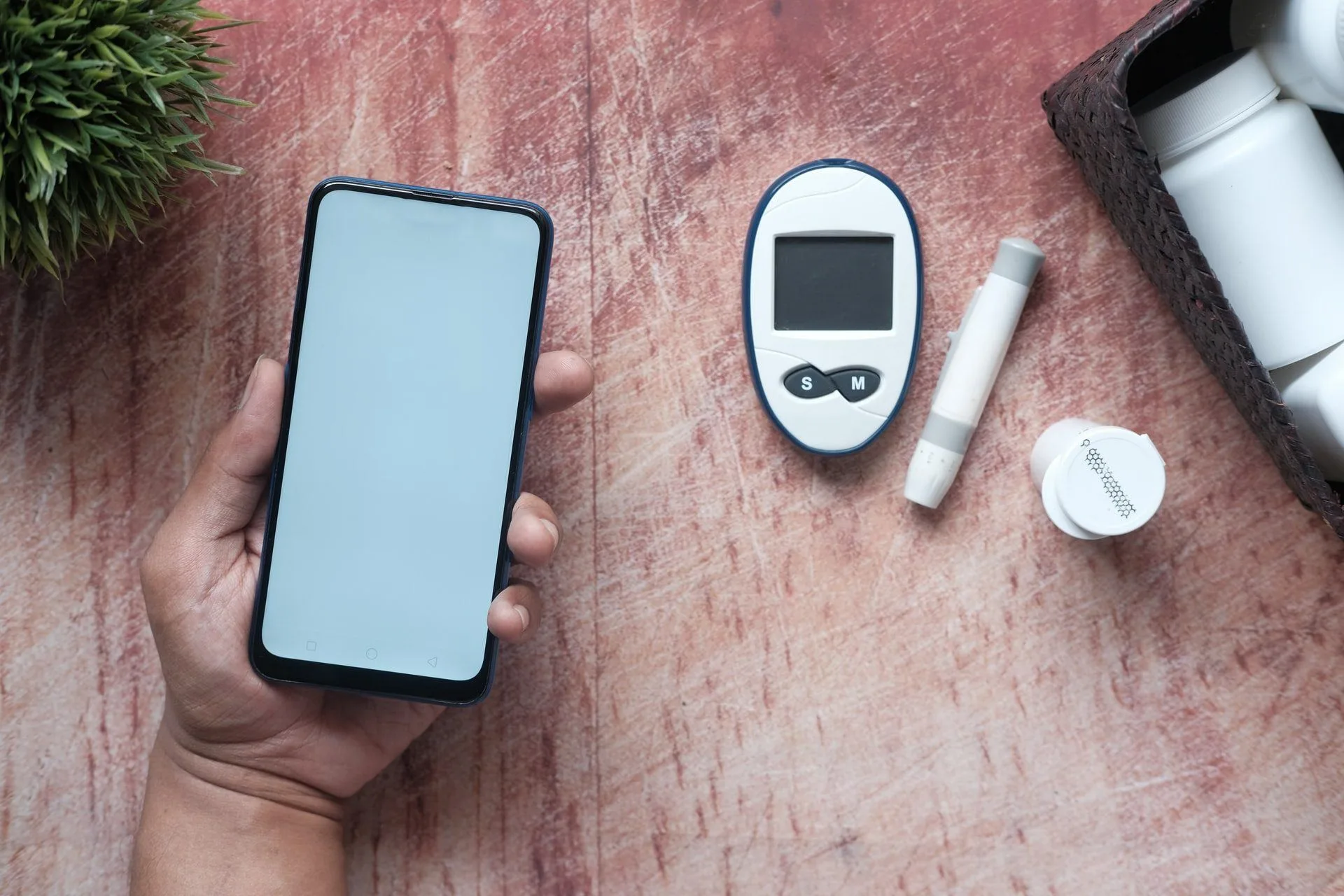When you have diabetes, you’re presented with several challenges. However, most diabetics can get life insurance if they pick the right policy. You can help more diabetics apply for life insurance by explaining their options and coaching them on how to lower their premiums.
How the Type of Diabetes Affects Your Life Insurance Policy
If diabetics want to get life cover, they have to consider the type of diabetes they have first. Let’s look at how Type 1, Type 2, and gestational diabetes affect certain life insurance policies.
Type 1 Diabetes
People with Type 1 diabetes are typically born with the condition. Type 1 diabetics have a pancreas that cannot make insulin or can’t make enough for the body. Since there is no known way to prevent Type 1, insurers consider it to be less manageable and a high-risk disorder.
Type 2 Diabetes
Whereas Type 1 is a genetic condition, Type 2 is primarily lifestyle-related. Being overweight is the main risk of Type 2. It’s the most common form of diabetes, affecting 90% of all diabetes sufferers. Since the condition is diagnosed in adulthood, insurers see it as less of a risk.
Gestational Diabetes
Gestational diabetes is typically a temporary condition that occurs in pregnant women. After giving birth, most women recover, but that isn’t always the case. If you currently have gestational diabetes, wait a few months after giving birth before applying for health insurance.
Why is it Difficult for Diabetics to Get Life Insurance?
Since insurers rate a person’s risk factors based on their pre-existing health conditions, you’re considered a “high-risk policyholder.” There are several complications that come with diabetes, including but not limited to nerve damage, skin conditions, heart disease, and kidney disease.
However, Type 2 and gestational diabetes are preventable, manageable, and reversible for most people. This is true even if you have biological relatives with diabetes. If you eat healthy food, exercise for at least 150 minutes a week, and avoid inactivity, you can walk out of diabetes.
But what about Type 1? Unfortunately, Type 1 isn’t reversible, meaning there isn’t anything you can do to lower your rates besides shopping around. However, you can still take out a policy.
The Best Life Insurance Policies for Diabetes
If you’re interested in taking out a life insurance policy as a diabetic, but you don’t know where to start, here are the best life insurance options for people with Type 1 and Type 2 diabetes.
Type of Policy
Term policies are typically the best choice for diabetics because they’re cheaper over the length of the policy. Your premiums won’t rise, regardless of whether your diabetes gets worse or if you develop other complications from diabetes. However, there’s a possibility you won’t get accepted.
Keep in mind that term policies don’t have a cash value, so if you want to leave an inheritance, you may prefer a permanent life insurance policy, like universal or whole life. While they will be more expensive, you’re insured for life. Whole life policies typically don’t raise your premiums.
Medical Exams
No-medical exam term policies won’t exceed $500,000 of coverage, and no-exam whole life insurance won’t exceed $50,000 of coverage. If you go with any of these options, the insurer will still ask you to take a diabetic questionnaire and medical records to see if it’s well controlled.
While non-medical exam insurance is more expensive, it’s your best option if you think you’ll develop complications from your diabetes. If you’re going to apply for a fully underwritten policy with an exam, try to move into the pre-diabetic range, if possible, for more affordable premiums.




![women [longevity live]](https://longevitylive.com/wp-content/uploads/2020/01/photo-of-women-walking-down-the-street-1116984-100x100.jpg)










